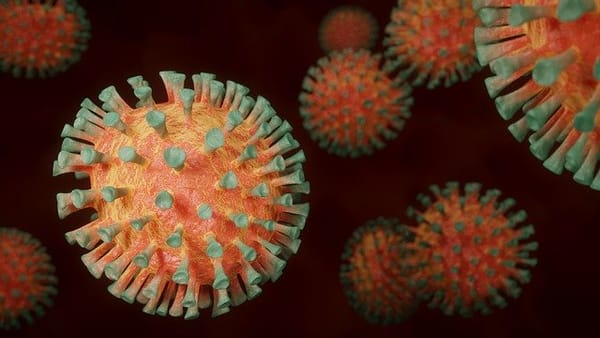COVID-19 control measures: How long should they be kept in place?
As most organisations closely monitor the updates on controlling the COVID-19 outbreak, key considerations are what a ‘return to work’ will look like and what safety precautions will need to be put, or kept, in place.
A large number of organisations currently have in place arrangements to manage the risk of the spread of the coronavirus, including social distancing and hygiene measures and, where possible, remote working. It seems clear that such measures have been effective in limiting not only the spread of the coronavirus, but also potentially the spread of other viruses, such as influenza.
This leads to a question: Should your business maintain some of the current controls even once the threat of coronavirus recedes?
It is an interesting question regarding what is ‘reasonably practicable’ and whether some of the controls should be maintained to protect the health and welfare of your workers in the future.
In the same way that organisations learn from a serious incident or near miss and then put in place controls identified from those lessons, the question can also be posed as to whether your organisation should keep in place all the effective hygiene controls that we have learned from the COVID-19 pandemic?
In other words, when we eventually return to working in the office or other sites of work, will your safety law obligations require you to keep in place controls such as:
- Providing hand sanitiser and access to face masks;
- undertaking a deep clean of the office when a staff member has reported having influenza, coronavirus or another serious virus;
- conducting formal training and instruction on hygiene;
- requiring separation or distancing of staff in meeting rooms, where practicable; and
- using video conferencing technology to conduct meetings more frequently.
A number of wider social and economic changes will no doubt result from the pandemic, which could impact how our workplaces look and operate in the future.
But as we start to consider the first step of a graduated return to work, it will also be important to have a reasoned and practical approach to how virus controls are either phased out or retained.
From the experts behind the Health & Safety Handbook, the Bulletin brings you the latest work health and safety news, legal updates, case law and practical advice straight to your inbox every week.

